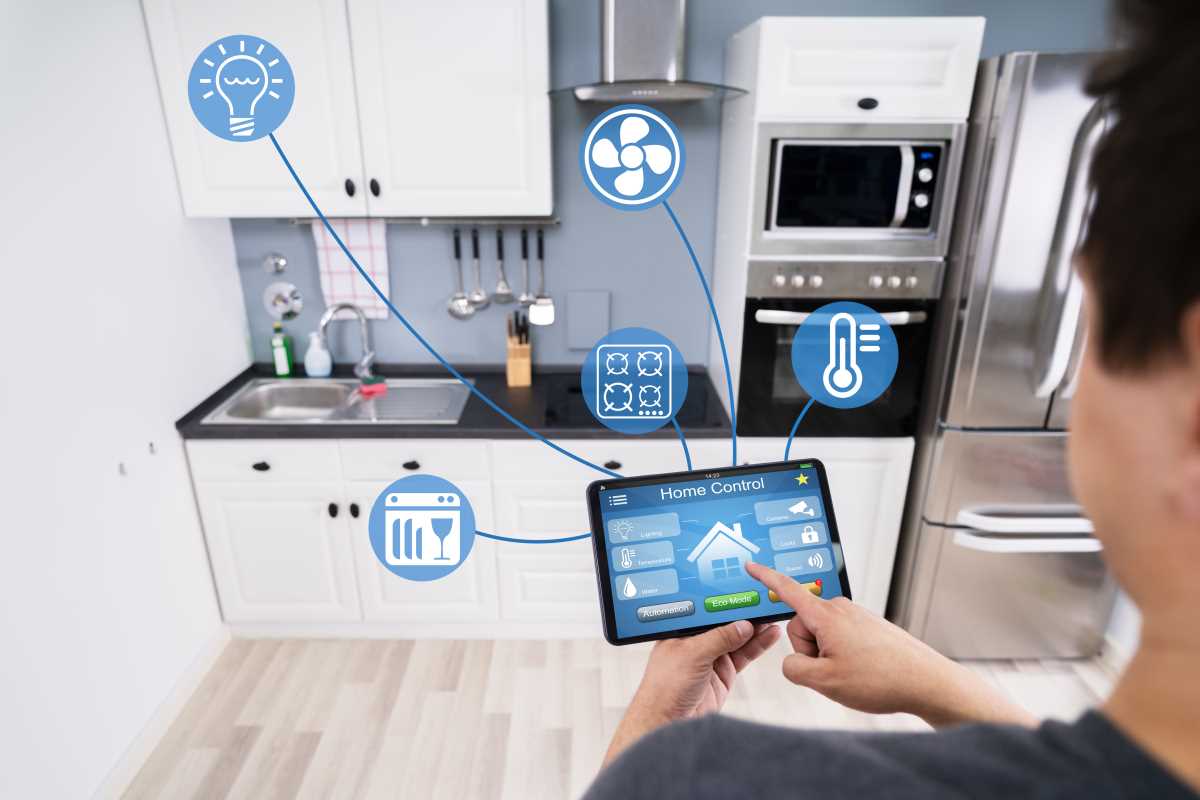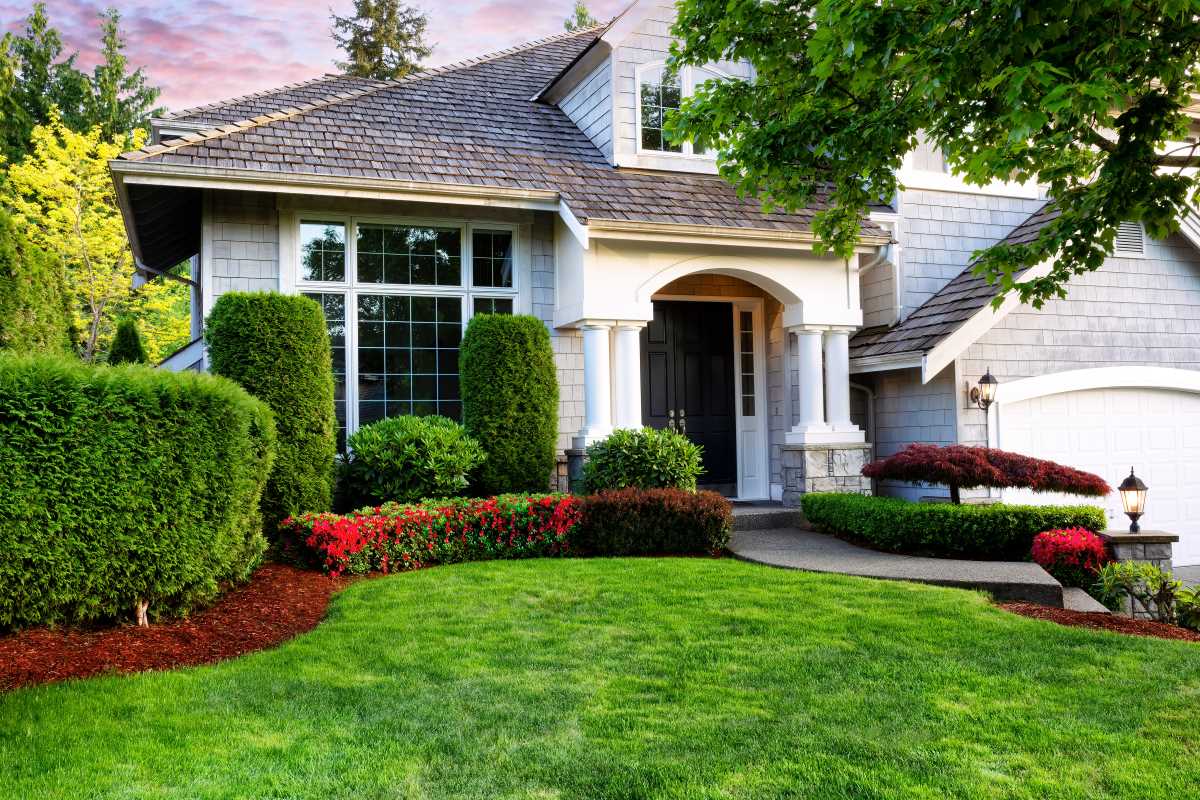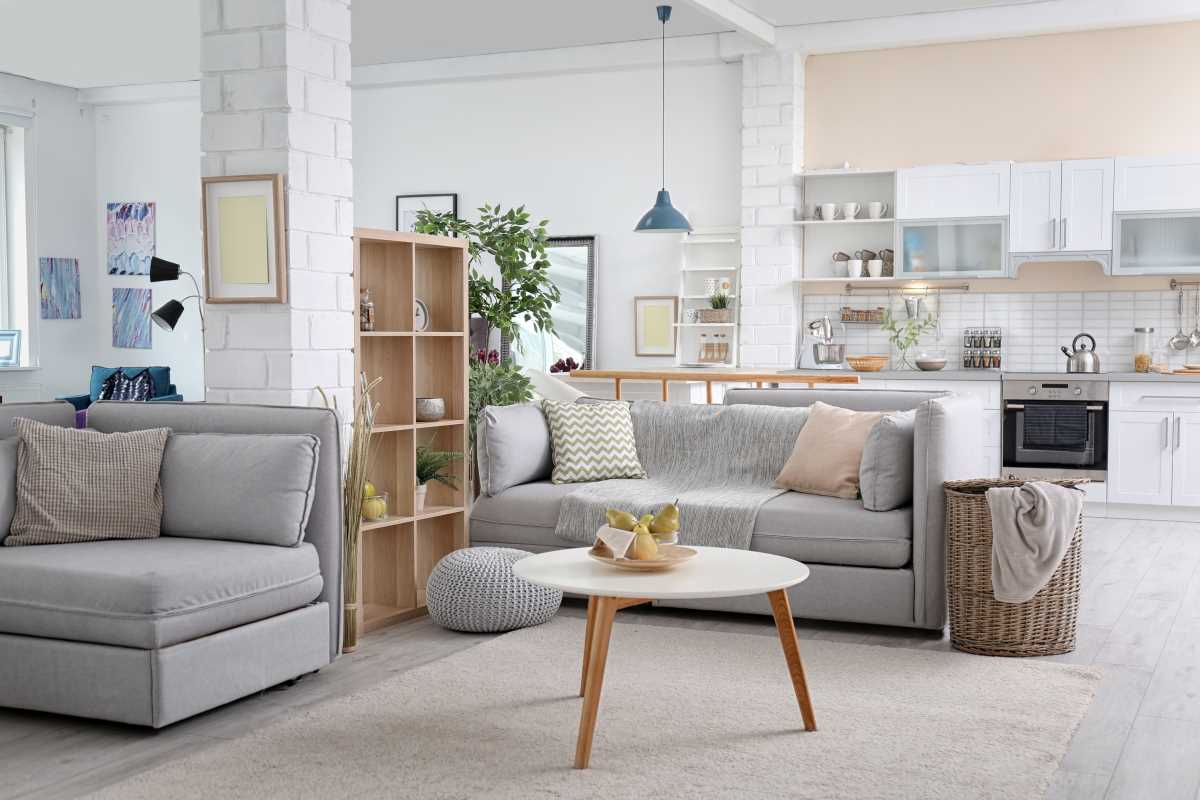It’s 2025, and smart home tech isn’t just a luxury; it’s shaping how we live, save energy, and care for the planet. These gadgets do way more than remind you to restock the fridge or dim the lights for movie night. Today, they’re being designed to shrink your carbon footprint and bring eco-friendly living right to your doorstep. Whether you’re passionate about sustainability or just looking to save on electricity, smart home technology is ready to help.
What’s exciting is how these innovations make it easier than ever to adopt green living. The fancy gadgets of yesterday are now must-have tools that practically do the work for you. From cutting back on wasted energy to tracking water usage, smart devices are becoming key players in creating a sustainable future. Here’s a look at the smart home trends making eco-friendly living more accessible and impactful than you might have imagined.
Energy-Efficient Smart Thermostats
Heating and cooling are some of the biggest drains on household energy, but smart thermostats are changing the game. These devices don’t just adjust your home’s temperature; they learn your habits and make tweaks to avoid unnecessary energy use. If you forgot to turn the AC off while you’re at work, the thermostat will take care of it. If you tend to like your bedroom a little cooler at night, it’ll keep that in mind too.
This year, advances in thermostat technology are even focusing on weather awareness. Some smart thermostats use local weather data to optimize your home’s energy efficiency. For instance, if a heatwave is coming, it might pre-cool your house during non-peak energy times, saving electricity and keeping you comfortable. Beyond convenience, these devices are slashing energy bills for users, all while reducing strain on the grid.
Smarter Solar Panels
Solar panels have been a big deal in eco-living for years, but in 2025, the technology is entering a new era of efficiency and integration. Smart solar panels are equipped with AI that optimizes how they capture and store energy based on your home’s specific needs. What’s even more impressive is how seamless the setup has become.
New systems allow you to track your solar generation in real time using smartphone apps. They also alert you when energy output is at its peak, making it easier to adjust your energy consumption to align with the clean power you’re generating. The days of wondering if solar panels are worth it are gone. With these updates, homeowners are seeing better returns on investment, both for their wallets and the environment.
Water-Wise Innovations
When it comes to sustainability, water usage often flies under the radar. That’s starting to change thanks to smart water systems. These devices analyze your household water use, identifying where you can cut back, whether it’s a slightly shorter shower or a more efficient dishwasher cycle.
Some systems even have leak detection technology, instantly alerting you to small problems before they become big ones. Imagine catching a pipe drip right when it starts instead of waiting for sky-high water bills to notify you. Features like this not only save money but also reduce wasted water, which is increasingly important during global drought concerns.
There are also smart irrigation systems making waves in eco-friendly landscaping. These gadgets work by analyzing soil moisture levels, weather forecasts, and even plant types to make sure your lawn or garden gets just the right amount of water, no more, no less.
Appliances That Do the Thinking
Modern smart appliances are seriously stepping up their green game. They’re no longer just about convenience; now they’re about helping you live a more energy-conscious life.
Take smart refrigerators as an example. Many can now monitor the freshness of your groceries and warn you before items expire, reducing food waste significantly. Some connect to apps that suggest recipes based on what you already have, encouraging creative cooking instead of unnecessary trips to the grocery store.
Washing machines and dishwashers are also getting eco-friendly upgrades. Smart versions measure load size and adjust water and energy use accordingly. Paired with features like customizable cycles and remote controls, these appliances are working smarter, not harder.
Home Energy Management Systems
Managing your home’s energy usage can be overwhelming, but that’s where all-in-one systems come into play. Home energy management systems (HEMS) connect your smart devices, analyzing their usage and finding ways to maximize efficiency. These hubs give you a bird’s-eye view of where your household is consuming the most energy and even suggest solutions to cut back.
One of the newest trends in this category is gamification. Some apps paired with HEMS turn sustainable living into a game by giving you energy goals and rewarding you when you hit them. Tracking your progress becomes fun instead of stressful, which is a creative way to keep households engaged in eco-friendly habits.
Goodbye Waste, Hello Sustainability
Waste management is also turning high-tech in 2025. From composting machines that do the dirty work in minutes to smart trash cans that help sort recyclables correctly, innovative systems are simplifying waste reduction. It’s becoming easier to keep trash out of landfills without second-guessing your eco-friendly efforts.
For those investing in sustainability on a larger scale, waste-to-energy smart systems are making their way into homes. These convert organic waste into usable energy, showcasing how cutting-edge tech can literally turn trash into treasure.
The Rise of Voice-Controlled Green Living
Voice assistants like Alexa and Google Home are elevating green tech with new eco-friendly skills. Now, you can program your smart home to run energy-saving routines simply by asking. For example, telling your assistant, “I’m leaving” can prompt the system to turn off lights, lower your thermostat, and switch off unnecessary plugs.
These systems also integrate with apps to send reminders or energy usage reports, keeping you aware of your home’s environmental impact. Combine this with their ability to provide tips or suggestions for greener living, and it’s easy to see how voice-controlled tech is becoming a natural partner in eco-conscious households.
Smart home technology in 2025 is proving that going green doesn’t have to mean big sacrifices or complicated setups. It’s about efficiency, awareness, and convenience, all wrapped up in innovative solutions that make living sustainably easier and, frankly, a lot cooler.







